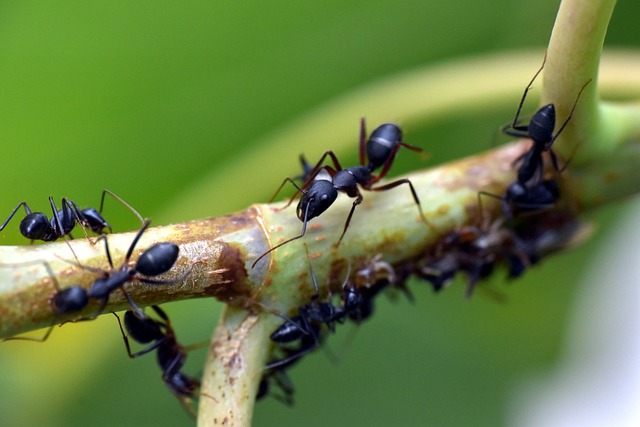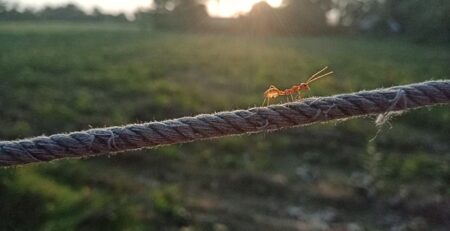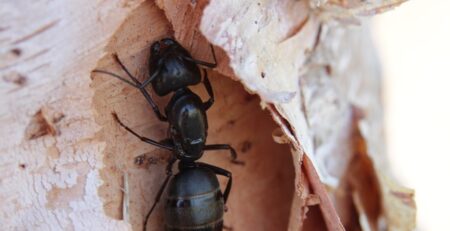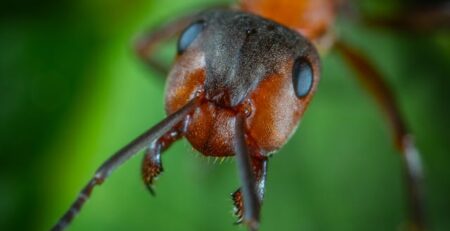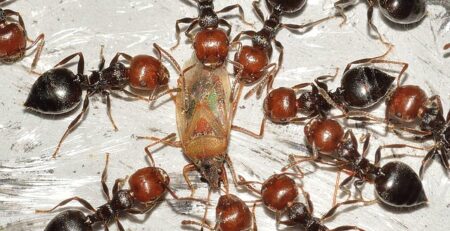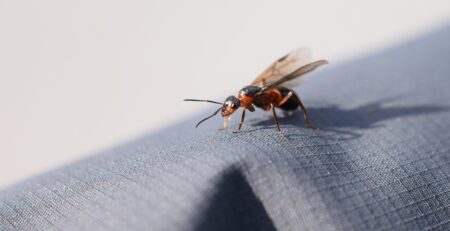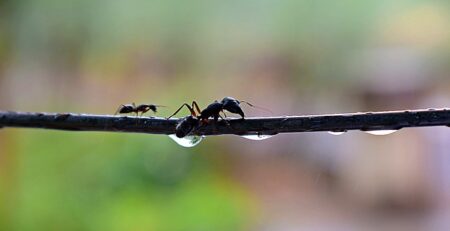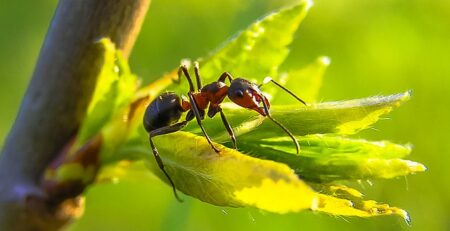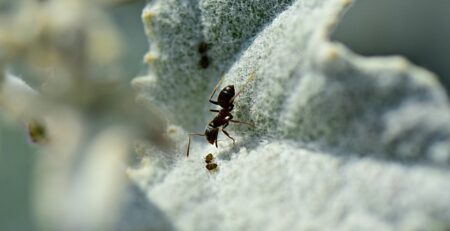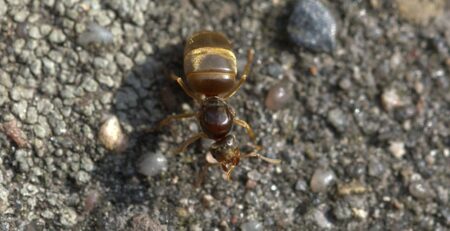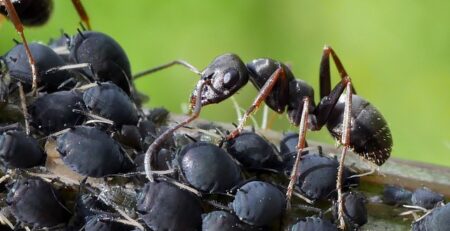What Is the Easiest Ant Species to Keep in the UK?
Ant keeping, or myrmecology, is a hobby that has gained popularity among nature enthusiasts, educators, and curious individuals. It offers a unique opportunity to observe the fascinating lives of ants up close. If you’re considering starting your own ant colony in the United Kingdom, it’s important to begin with a species that is well-suited for beginners. In this article, we’ll explore some of the easiest ant species to keep in the UK.
1. The Black Garden Ant (Lasius niger):
The black garden ant, also known as Lasius niger, is one of the most common and beginner-friendly ant species in the UK. These ants are small, typically black, and easily found in gardens, parks, and urban environments. Here’s why they’re an excellent choice for beginners:
- Ease of Capture: Black garden ants are easily collected from the wild, and you can start a colony with a single queen, a few workers, and some brood (ant eggs and larvae).
- Colony Longevity: These ants have relatively long-lived colonies that can thrive for several years when kept in captivity.
- Low Maintenance: Black garden ants are relatively undemanding when it comes to care. They are resilient and can tolerate a range of environmental conditions.
- Small Size: Their small size makes them suitable for indoor ant farms, which are more accessible to beginners.
2. The Lasius Flavus (Yellow Meadow Ant):
Lasius flavus, commonly known as the yellow meadow ant, is another beginner-friendly ant species in the UK. Here are some reasons why it’s a good choice:
- Nesting Habits: These ants are often found nesting in soil, which makes them well-suited for ant farms with soil substrates.
- Ease of Capture: As with black garden ants, you can collect Lasius flavus queens during their nuptial flights to start your own colony.
- Colony Longevity: Their colonies can last for several years if provided with the appropriate care.
- Compatibility with Soil Setups: Yellow meadow ants are well-adapted to ant farms that replicate a natural soil environment.
3. The Lasius Niger Var. Neoniger:
This is a subspecies of the black garden ant (Lasius niger), and it is also well-suited for beginners. Neoniger ants are known for their hardiness, adaptability, and easy maintenance. Here’s why they are a good choice:
- Ease of Capture: Just like their black garden ant relatives, neoniger ants are relatively easy to find and collect.
- Low Maintenance: They require minimal care, making them a good choice for beginners.
- Longevity: If well taken care of, colonies of neoniger ants can live for several years.
Important Considerations for Beginner Ant Keepers:
While the ant species you choose plays a crucial role in your success as an ant keeper, there are some key considerations that apply to all ant colonies:
- Legal Regulations: Be aware of local, regional, and national laws and regulations regarding ant keeping. Some species are protected, and permits may be required for certain activities.
- Ethical Practices: Always source your ants responsibly, avoid capturing wild queens from their natural habitats, and ensure the welfare of your colony.
- Adequate Research: Before you begin, take the time to research the specific requirements of your chosen ant species, such as temperature, humidity, and feeding preferences.
- Patience: Ant keeping requires patience, as it may take some time for your colony to establish itself and grow.
In conclusion, the easiest ant species to keep in the UK for beginners are typically those with readily available queens, colonies that can be easily collected or purchased, and minimal care requirements. The black garden ant, Lasius niger, and its subspecies, neoniger, as well as the yellow meadow ant, Lasius flavus, are all excellent options for those starting their ant-keeping journey. As with any pet or hobby, proper research and responsible practices are essential to ensure the well-being of your ant colony.

